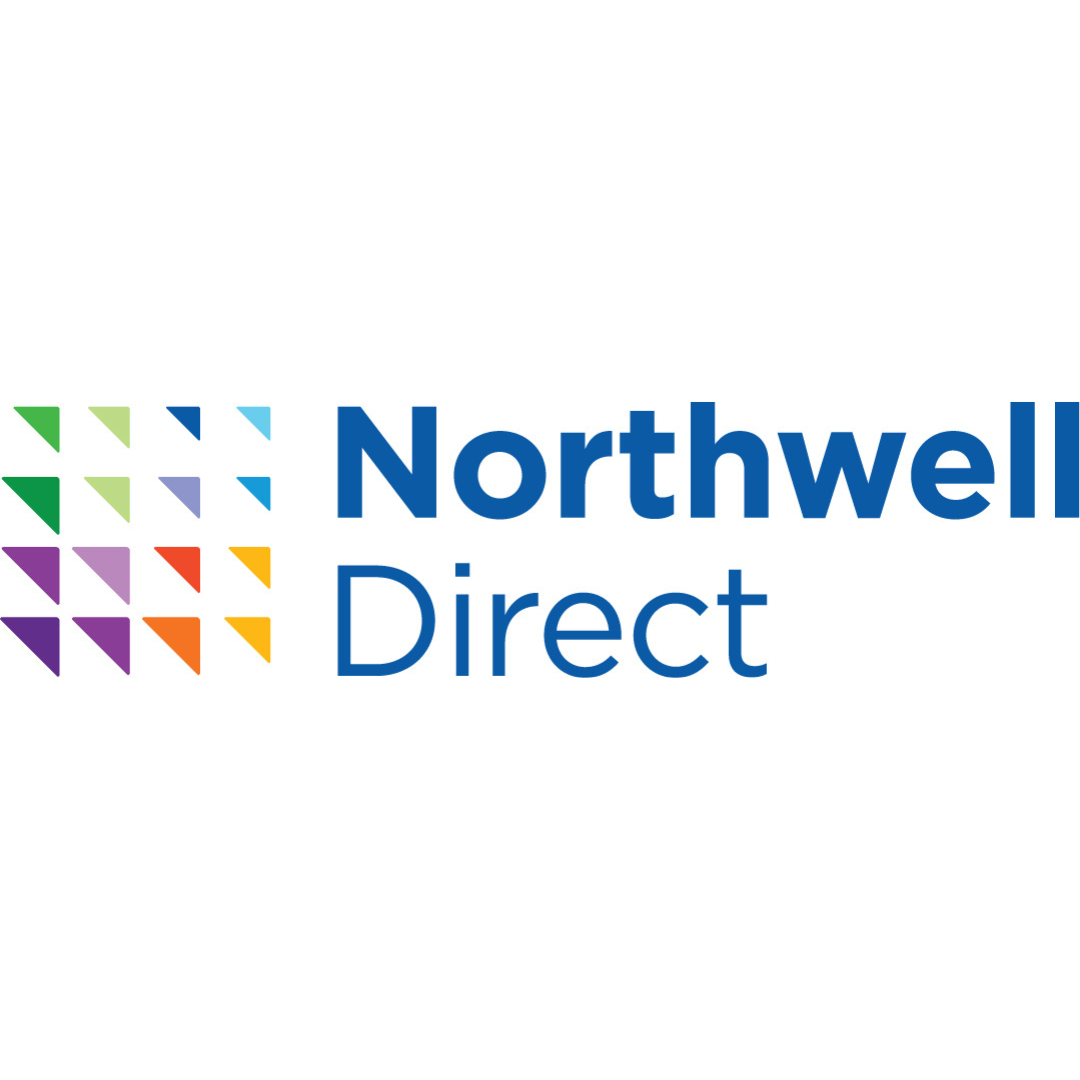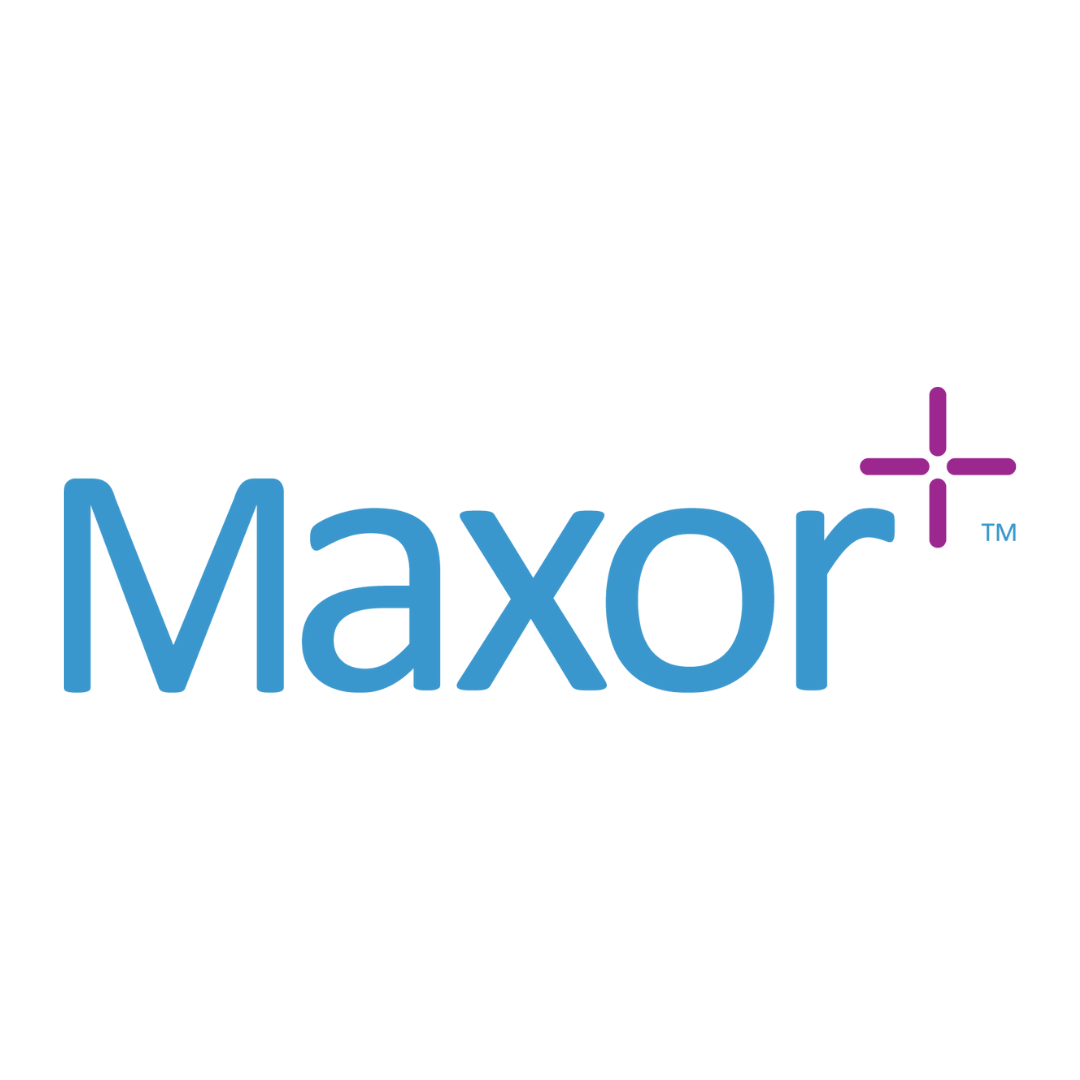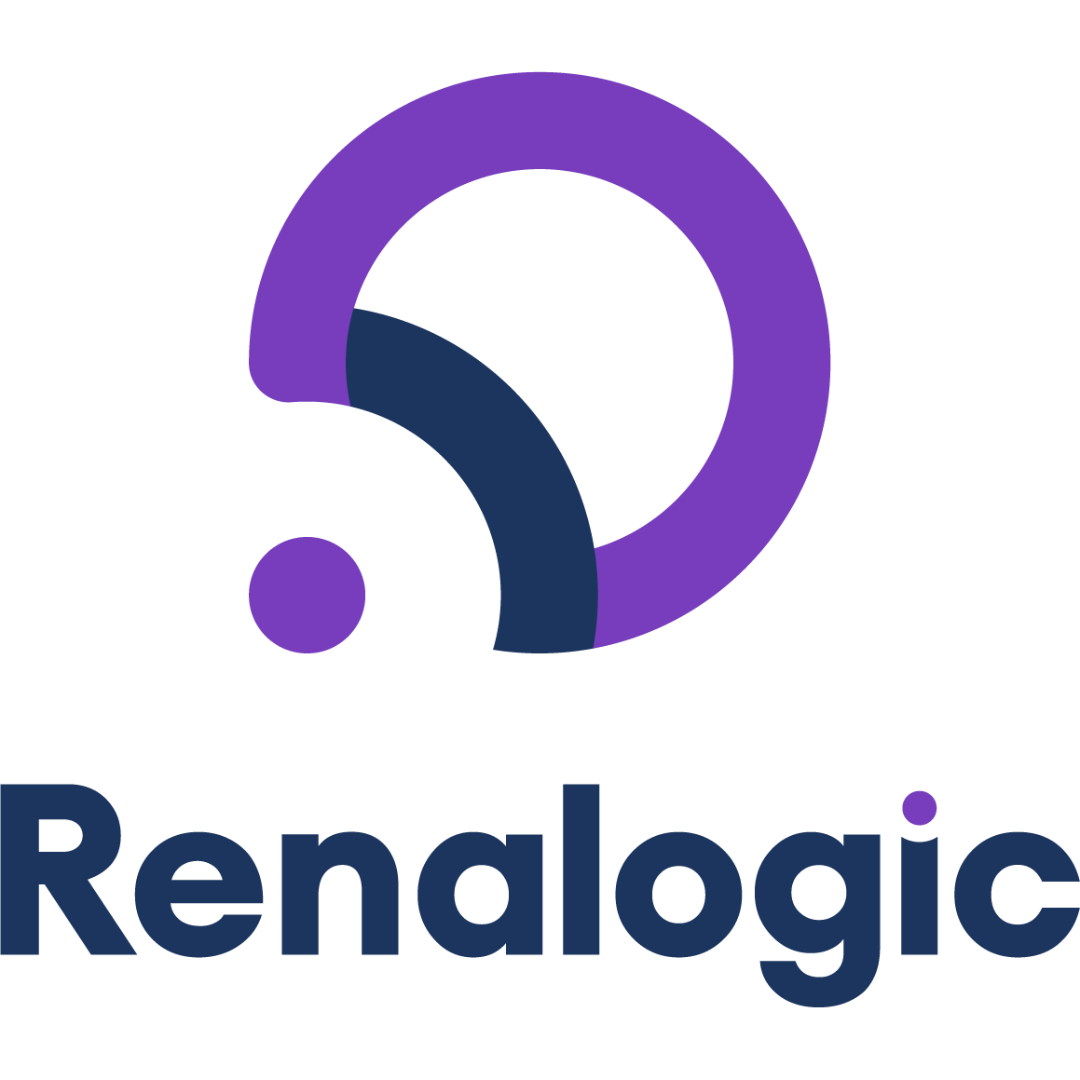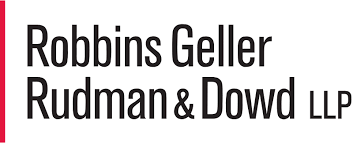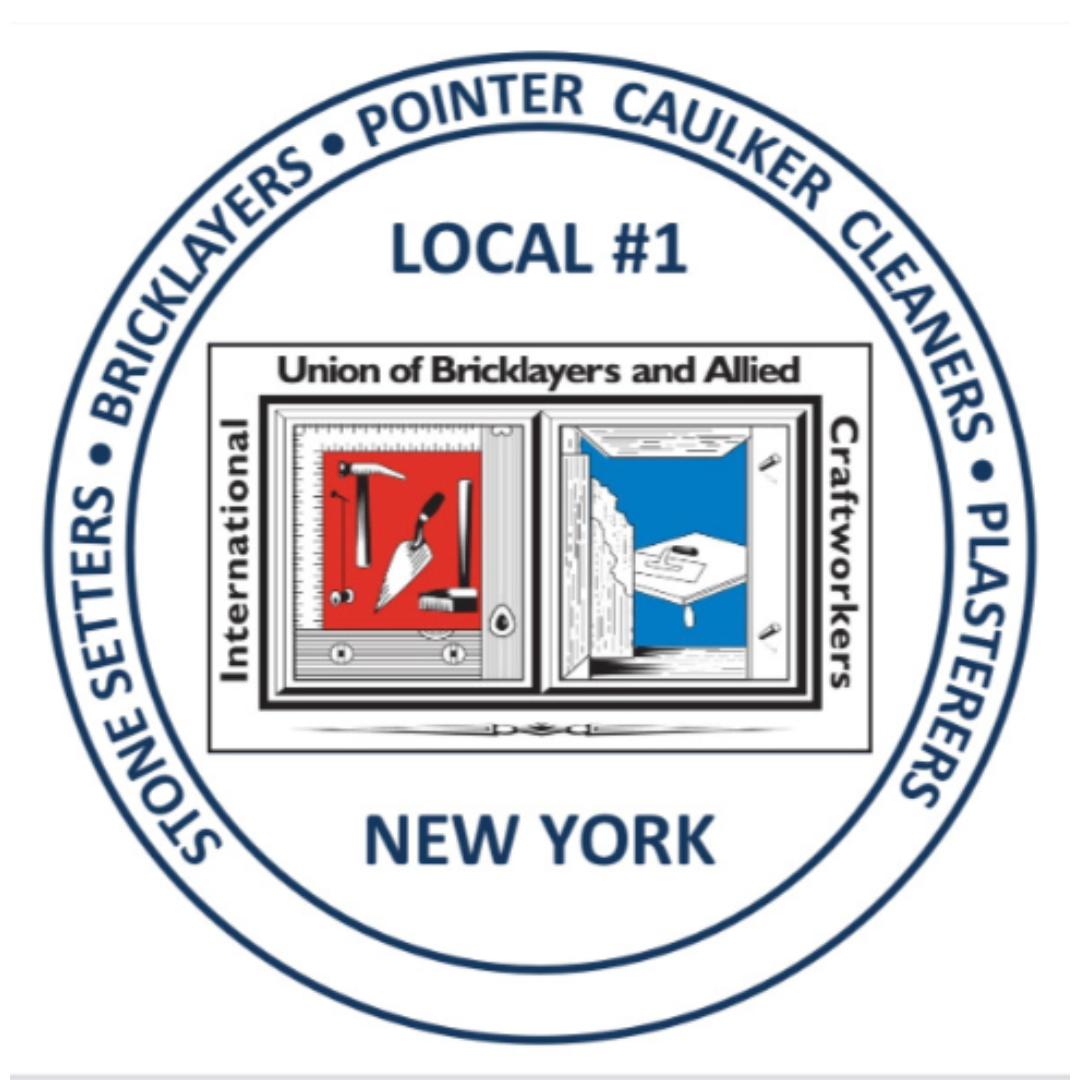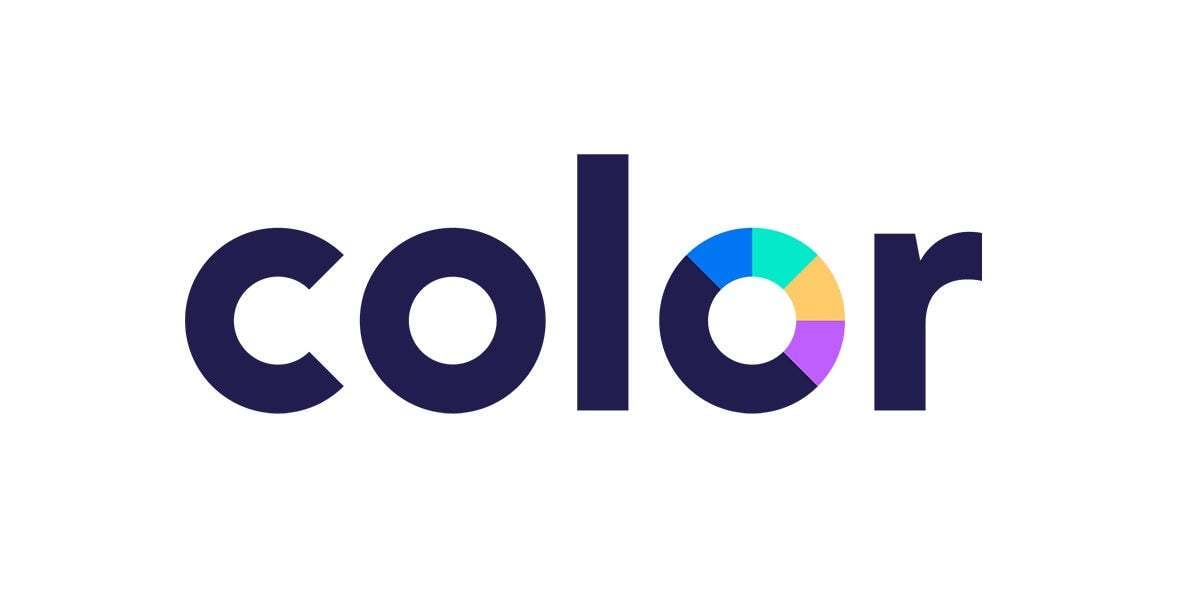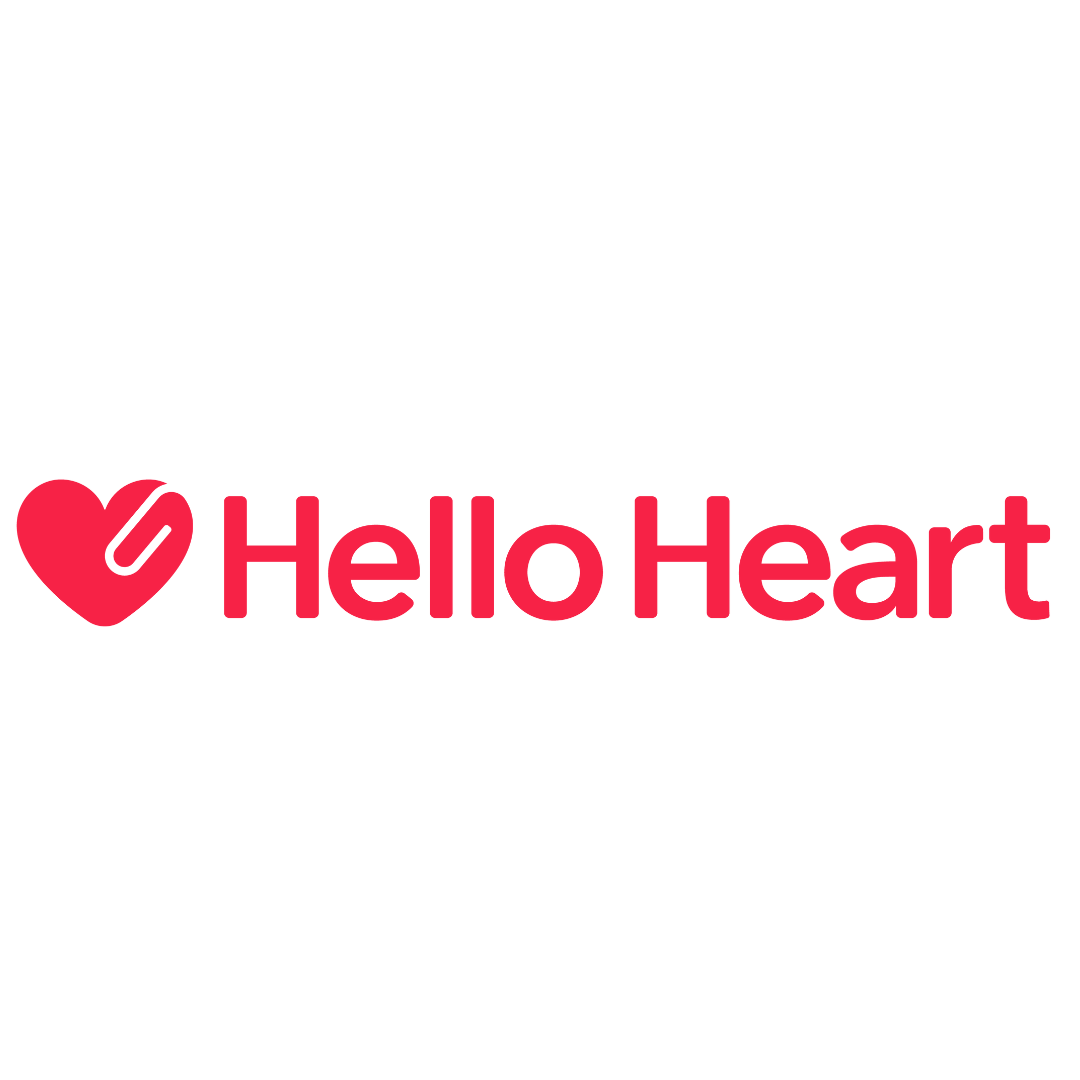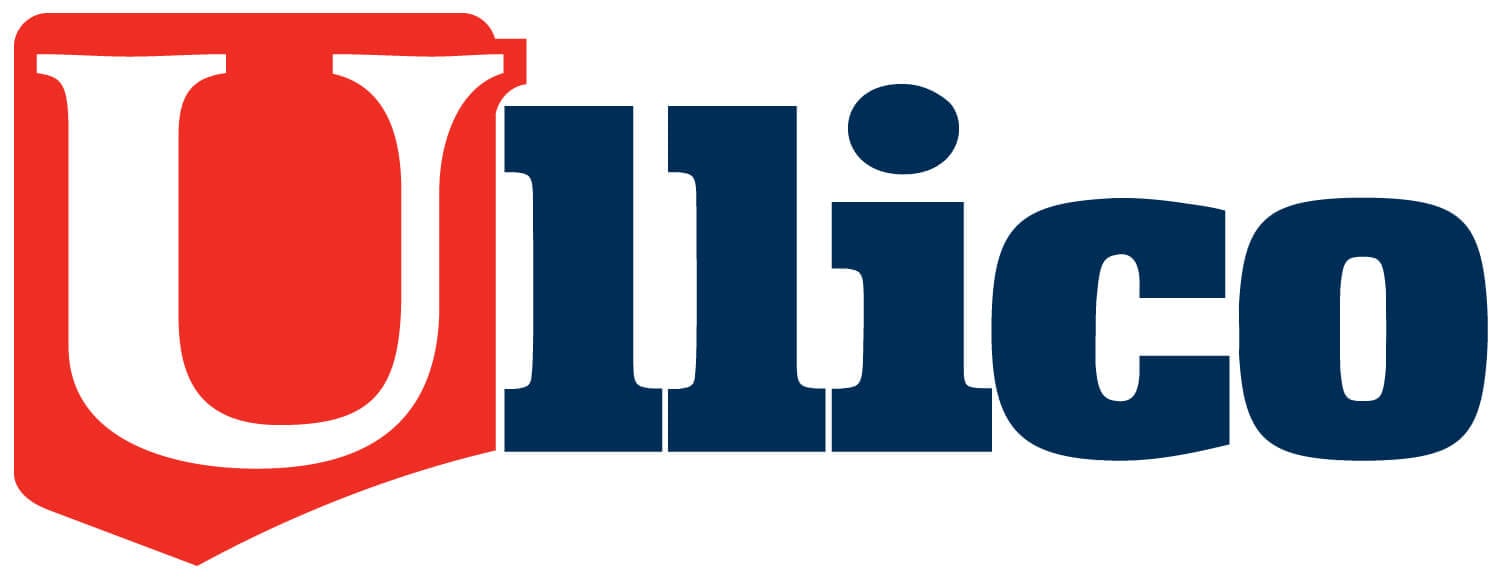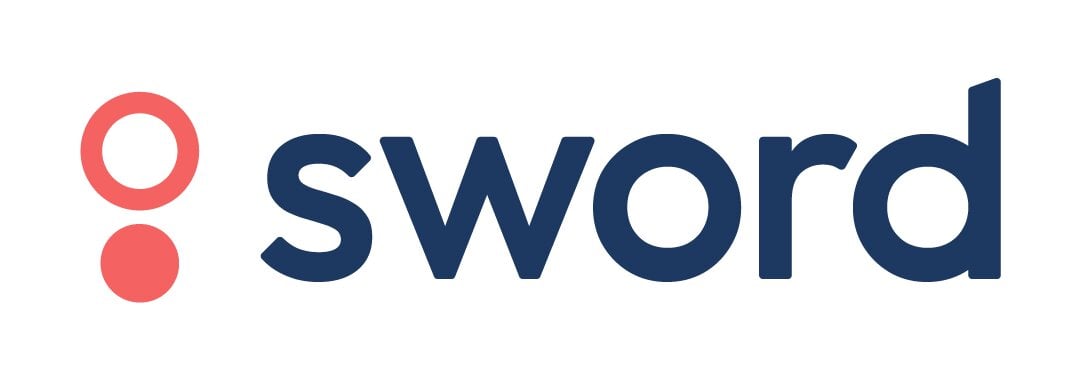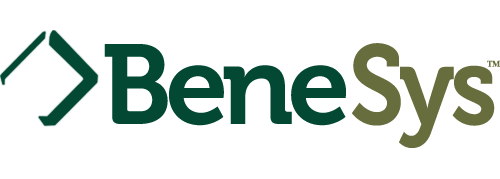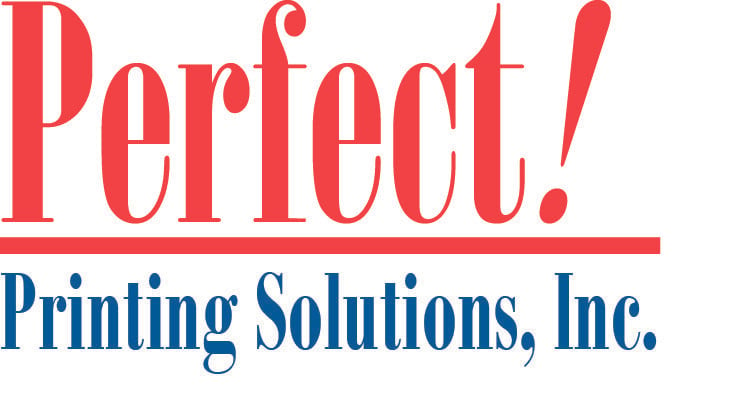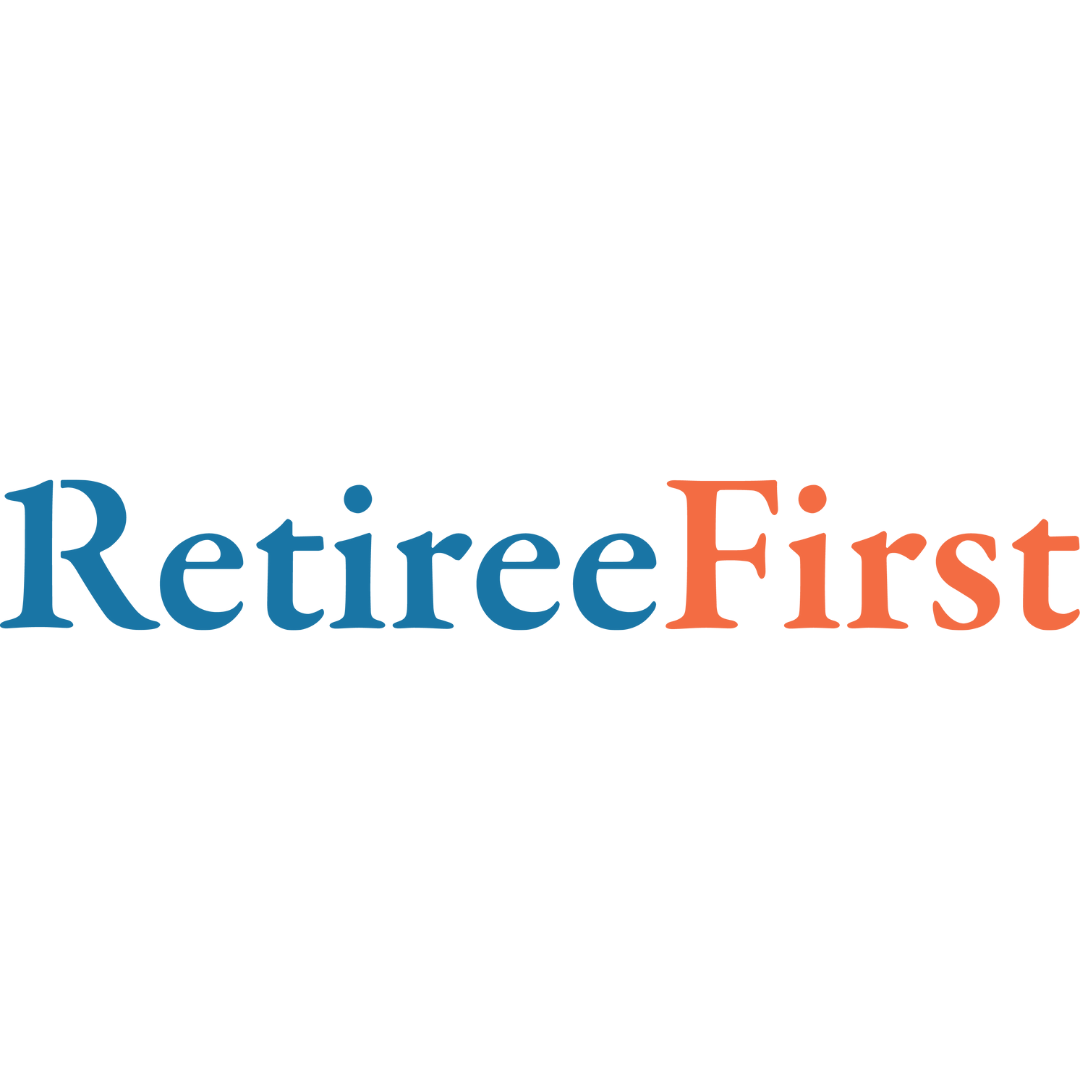How Care Management Can Help You Add Value to Your Employee Health Plan
 With care management, employees can take a proactive approach to their health.
With care management, employees can take a proactive approach to their health.
Many businesses are continually on the hunt for cost-efficient ways to keep employees happy and healthy. While the primary aim may be increasing productivity, another key goal is longevity: the more content and healthy employees are, the more likely they are to remain in their jobs. One way to convey how much you value your employees is by making care management a part of your health benefits package. A care management program is an effective way to show how much you value your employees. These programs are essential in managing chronic disease, enhancing care coordination, and providing better treatment options for your team members.
What is care management?
“Care management is a proactive approach to health care,” said Sandy Balwan, MD, chief medical officer for Northwell Direct and executive director of CIIPA, Northwell Health. “The focus is on engaging insured members in the management of their health care by equipping them with the tools and resources they need to stay well and prevent more serious health complications.”
Care management vs. case management
Care management shouldn’t be confused with case management, which focuses on helping hospitalized patients transition to additional medical services like physical therapy, at-home care, skilled nursing facilities, or long-term care facilities. “Compared to care management, case management is reactive. A medical event like a hospitalization often spurs the need for case management,” said Zenobia Brown, MD, senior vice president and associate chief medical officer for Northwell Health. “Care management is more about the communication and services that take place between visits to a primary care physician (PCP). The goal is to support patient health and avoid health issues altogether.”
The primary distinction between care management and case management is in their scope and focus. Care management is broader and more preventive, focusing on long-term care and quality of life. Case management is more targeted and immediate, focusing on acute medical conditions and the efficient use of health care resources to enhance patient clinical outcomes. Both roles are integral to health systems, each addressing different needs but ultimately contributing to better health outcomes.
How does care management work?
Ideally, it's a team effort: primary care providers (PCPs), nurses, advanced practice providers, and health insurers partner with patients to manage health care needs. "A care manager supports both the patient and their PCP," said Dr. Brown. "Because they're familiar with the patient’s health insurance and know what types of preventive services are available, they can best connect patients with the appropriate specialists and resources."
In addition to coordinating care and connecting patients with necessary resources, care coordinators develop personalized treatment plans that address both medical and non-medical needs and monitor the patient's progress, adjusting the care plan as needed.
Key aspects to successful care management
Care management starts with identifying those most at risk for long-term health concerns, such as people who have a family history of cancer or those already living with high blood pressure or blood sugar, asthma, heart disease, mental health issues or other chronic conditions. “Care managers listen to patients to find out what matters most to them. For instance, some people place a priority on achieving good health so they can travel more or be active with their grandchildren. Others may want to lower their risk of developing an illness that runs in their family,” said Hallie Bleau, ACNP-BC, MBA, vice president of care management for Northwell Health.
Once a dedicated care manager understands a patient’s personal motivation, they can educate them about their illness or high-risk factors, including reviewing their medications and the impact of diet, exercise, and lifestyle on their health. Care managers also identify and address obstacles to medical care, like prohibitively high medication costs or transportation challenges that keep patients from getting to medical appointments.
But care management isn’t just about managing existing illnesses; with an emphasis on wellness, even the healthiest people can benefit from care management. “We often find that people aren’t aware that their health plan offers and covers certain services like nutrition counseling, health coaching or stress management classes,” said Ms. Bleau. “As a result, they miss out on opportunities to optimize their health.” To combat this lack of understanding of available benefits, employers and health insurers should communicate with members using a variety of tools, including phone calls, emails, texts, direct marketing, and online employee portals.
Who provides care management?
Some traditional health insurance companies offer care management but are hindered by a lack of access to real-time data. They often don't receive or review claims for months after a medical event occurs, greatly limiting their ability to pivot and provide preventive services to patients in their immediate time of need.
Direct-to-employer provider networks, on the other hand, are extremely well-positioned to provide this service. These networks give members direct access to health care providers and services carefully selected with their health care needs in mind. “Direct-to-employer provider networks are constantly reviewing claims to detect patterns in medical usage in real time, such as increases in urgent care visits or hospitalizations,” said Dr. Balwan. “This real-time access to patient-driven data allows the provider to act quickly, reaching out to members to get them the services they need now to prevent a problem from escalating.” That data has another great benefit: cost savings. When employees get care in a timely manner, particularly preventive care, that helps them avoid more costly visits to hospitals or urgent cares. And helps their employer as well.
Conclusion
If you’re unsure whether your company’s current health plan offers care management, talk to your health plan administrator, carrier, or broker. They can provide detailed information about what types of health care management services are available to your employees, as well as provide information about how to engage people in the service. “Healthier employees tend to be more inclined to stay with an employer that makes their health a priority,” said Dr. Brown. “Employers benefit when employees have the support they need to safeguard their health.”
Contact us to learn more about care management programs with the Northwell Direct Network.
The Northwell Direct Network is provided by the Northwell Direct Administrative Services Organization, Inc. Wellness and clinical service offerings from Northwell Direct are provided by affiliated Northwell Health entities and their licensed providers. The Northwell Direct Network currently is available only to self-insured employers.



